Garcinia cambogia supplements rank among the most commonly used dietary aids for losing extra pounds.
These products are advertised as a way to shed weight quickly, but many people question whether they truly deliver the weight-loss benefits companies claim.
On top of efficacy concerns, the safety of garcinia cambogia has been challenged by some medical professionals, leaving consumers worried about potential harms associated with this controversial supplement.
This article examines garcinia cambogia and whether it works for weight reduction.
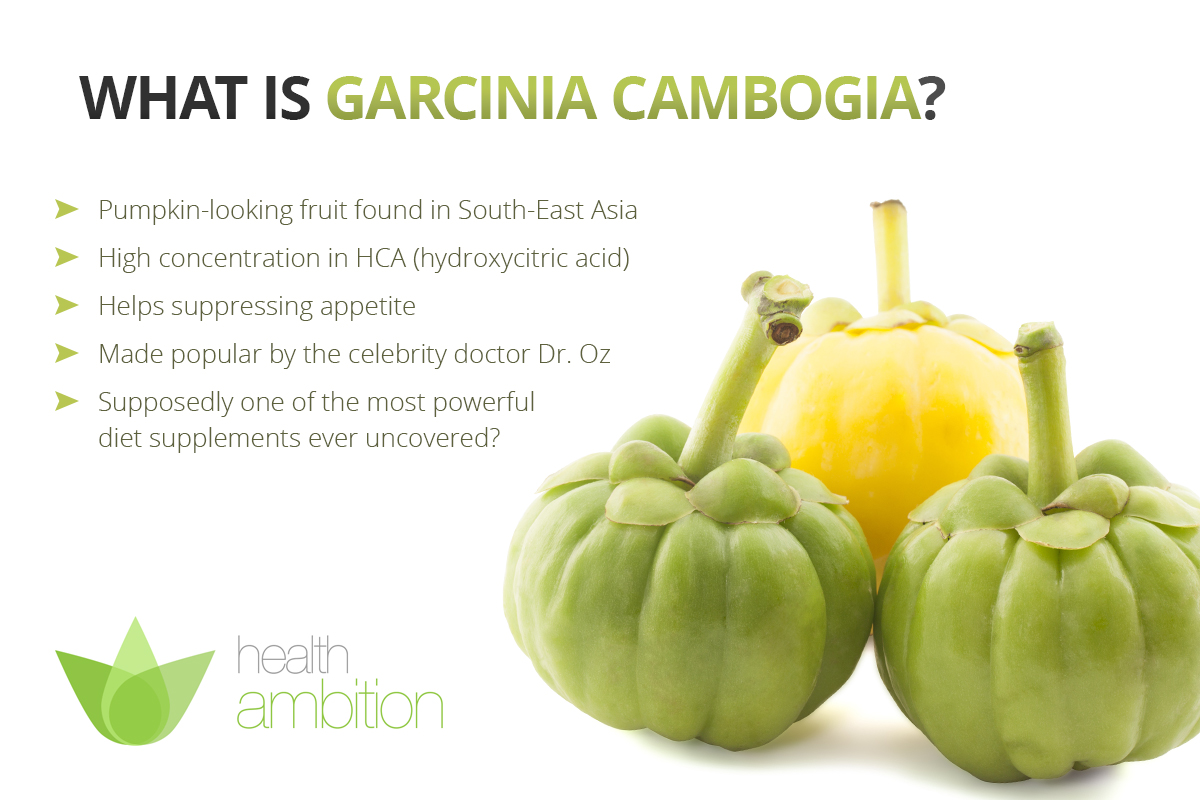
What is Garcinia cambogia?
Garcinia gummi-gutta, often called garcinia cambogia, is a small, pumpkin-like fruit native to Indonesia. The fruit’s rind has a tart flavor and is used in both cooking and traditional medicine.
Its sour taste makes it a favored component in dishes such as fish curries, and it’s sometimes substituted for lemon or tamarind to add a tangy note to recipes.
Beyond culinary uses, the rind of garcinia cambogia is frequently taken as a supplement for various health issues, including digestive complaints, rheumatoid arthritis, and elevated cholesterol.
Nevertheless, the most common reason people take garcinia cambogia supplements is to try to support weight loss.
Why is garcinia cambogia promoted for weight loss?
Garcinia cambogia contains constituents that have demonstrated anti-obesity properties, the most notable being hydroxycitric acid (HCA).
HCA is the main organic acid in garcinia cambogia, and some studies have reported that it might lower body weight and food consumption while increasing calorie expenditure.
This compound is believed to support weight loss through multiple mechanisms.
Research suggests it can boost feelings of fullness and satisfaction, resulting in reduced calorie intake. It has also been reported to increase fat oxidation and reduce fat synthesis in the body.
However, the potency and safety of garcinia cambogia and HCA for weight loss are disputed, as newer studies indicate these supplements may not be as effective as earlier work implied.
summaryGarcinia cambogia contains HCA, an organic acid that may aid weight loss by decreasing appetite and promoting fat burning. Nonetheless, its effectiveness has been questioned by more recent research.
Is garcinia cambogia effective for weight loss?
Overall, research reviews show that it’s uncertain whether garcinia cambogia and HCA supplements actually encourage weight loss.
Although some earlier trials reported that garcinia cambogia and HCA strongly suppressed appetite and increased weight loss and fat oxidation, more recent reviews have produced inconsistent outcomes.
Furthermore, there is a shortage of long-term, randomized controlled trials in humans, which are needed to properly evaluate these products.
For instance, a 2002 study of 24 adults found that 900 mg of HCA per day resulted in a 15–30% decrease in daily calorie intake and aided weight loss.
Similarly, a 2006 trial involving 60 adults observed that taking an HCA supplement supplying 2,800 mg daily for 8 weeks produced an average 5.4% reduction in body weight and significantly lowered food intake.
Other older, small-scale studies have also suggested that HCA may limit fat accumulation.
Yet, many of the trials reporting positive effects had small participant numbers and lasted less than three months.
Conversely, several studies have found that HCA and garcinia cambogia supplements do not affect calorie intake, fat oxidation, or weight loss, casting further doubt on their usefulness.
Due to these mixed results and the general absence of large, long-duration, rigorously designed trials, systematic reviews consistently conclude there isn’t sufficient evidence to claim garcinia cambogia is an effective weight-loss aid.
For example, an updated review covering 22 studies reported that HCA and garcinia cambogia had little or no impact on weight loss, satiety, or calorie intake in humans.
Another analysis of nine trials found garcinia cambogia produced small but statistically significant short-term weight reductions versus placebo. However, this effect disappeared when only well-designed randomized controlled studies were considered.
Therefore, based on the latest evidence, any overall impact of garcinia cambogia and HCA on weight appears minimal at best, and the clinical significance of reported benefits is questionable.
summarySome studies indicate garcinia cambogia and HCA might produce modest short-term weight loss, but literature reviews and high-quality trials show limited or no advantage. Thus, these supplements cannot be confidently recommended.
Is garcinia cambogia safe?
Experts have raised concerns about the safety of garcinia cambogia.
While some research suggests garcinia cambogia and HCA are safe, there have been reports of toxicity tied to high-dose use of the supplement.
A review of 17 studies including 873 participants concluded that HCA did not produce adverse effects at doses up to 2,800 mg per day.
However, garcinia cambogia supplements have been implicated in cases of liver failure and other harmful events in later reports.
One case involved a 34-year-old man who took 2,400 mg of a garcinia cambogia extract supplement daily for five months and developed severe drug-induced liver failure requiring a transplant.
Another instance involved a 57-year-old woman with no previous liver disease who developed acute hepatitis after taking 2,800 mg of pure garcinia cambogia extract daily for one month to promote weight loss.
Her condition improved after stopping the supplement, but six months later she resumed the same dose and again experienced liver injury.
Multiple other cases of liver toxicity have been linked to multi-ingredient supplements that included HCA.
HCA was also a key component in older versions of Hydroxycut, a once-popular weight-loss product associated with 23 reported instances of liver toxicity.
Although that formula also contained ephedra (banned by the FDA in 2004), ten of the 23 liver-toxicity reports — including one fatality — occurred after ephedra had been removed from the product.
As a result, the makers of Hydroxycut removed HCA from the product currently sold. Experts have suspected HCA played a role in those toxicity reports, though definitive proof is lacking.
HCA and garcinia cambogia supplements have also been associated with adverse effects such as gastrointestinal upset, headaches, and upper respiratory symptoms. They may interact with medications commonly prescribed for cancer, viral infections, and pain.
Given the range of reported side effects and potential drug interactions, using this supplement to try to lose weight may not justify the possible risks.
summaryGarcinia cambogia and HCA supplements have been associated with liver toxicity and other potentially serious adverse effects. They may also interact with common medications.
Should you try garcinia cambogia for weight loss?
Although some studies show garcinia cambogia and its main acid HCA might aid weight loss through various mechanisms, many trials have found these products ineffective and potentially hazardous at high doses.
Moreover, the FDA has identified a high rate of adulteration in garcinia cambogia products.
This means some garcinia cambogia supplements may include undeclared ingredients, such as active pharmaceutical compounds or substances previously removed from the market for safety reasons.
Considering the unclear evidence for benefit and the association with serious safety issues, taking garcinia cambogia or HCA for weight loss is not advisable.
Rather than relying on dubious supplements, it’s better to use safer, evidence-based strategies to achieve a healthy weight.
For example, cutting back on sugary drinks, processed foods, and refined carbohydrates while increasing intake of fiber, healthy fats, and protein are proven dietary approaches to support weight loss.
Additionally, boosting daily physical activity, ensuring adequate sleep, and staying well-hydrated are sensible ways to encourage fat loss and overall health.
Keep in mind that while many products promise rapid weight loss, achieving a healthy weight usually takes time—especially when significant excess weight is present.
Although losing weight via sustainable, science-backed methods may be slower, it is safer and more effective than relying on potentially harmful supplements.
summaryEvidence raises doubts about both the safety and effectiveness of garcinia cambogia and HCA. It’s wiser to avoid quick-fix supplements and focus on safe, proven strategies to reach a healthy weight.
The bottom line
Garcinia cambogia and its primary ingredient HCA are widely used as dietary supplements intended to help with weight loss.
Despite marketing claims of rapid weight reduction, evidence indicates garcinia cambogia and HCA produce minimal fat loss at best.
Additionally, these supplements have been linked to serious adverse events, including liver damage.
If you need to lose weight, skip garcinia cambogia and instead adopt sustainable dietary and lifestyle changes that promote overall health and help you reach your goals safely.

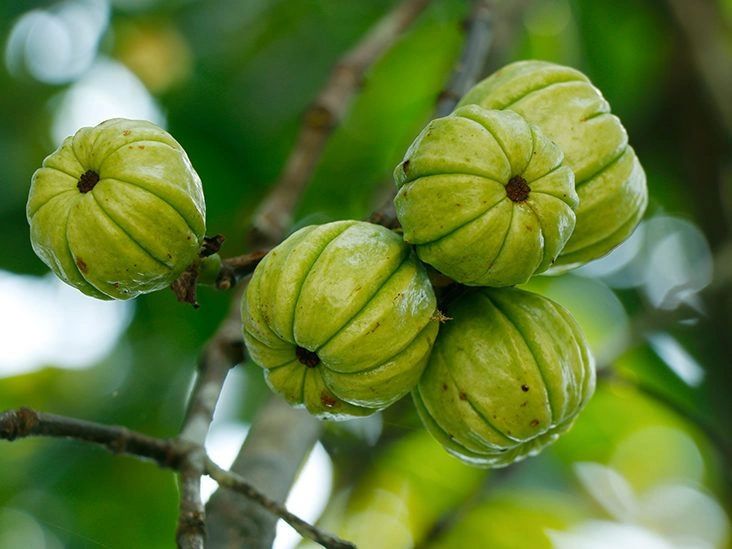
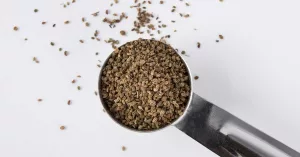


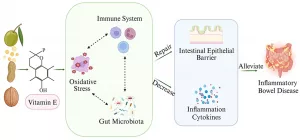




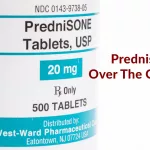



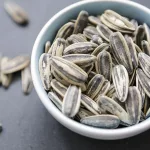

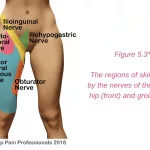




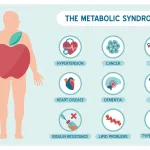
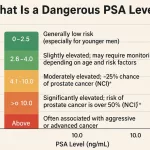

Leave a Reply
You must be logged in to post a comment.